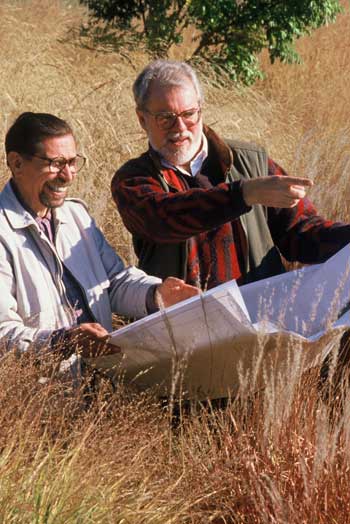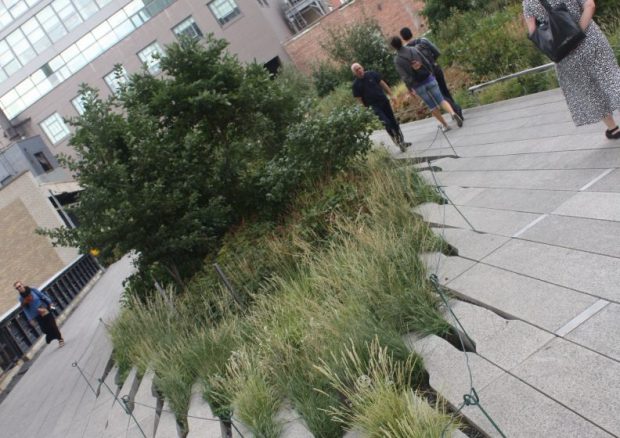
The Green Business Certification Inc. (GBCI) has unveiled the latest addition to its sustainability toolkit with the launch of the Sustainable Sites Initiative™ (SITES®) rating system, a groundbreaking program designed to foster the development of environmentally responsible landscapes.
SITES, born out of a collaborative effort involving the American Society of Landscape Architects (ASLA), The Lady Bird Johnson Wildflower Center at The University of Texas at Austin, and the United States Botanic Garden, goes beyond traditional certification systems. It is versatile enough to be applied to a wide spectrum of development projects, from expansive national parks to bustling corporate campuses, urban streetscapes, and private homes.
Rick Fedrizzi, CEO of GBCI, emphasized the vital role that landscapes play in shaping communities, stating, “Landscapes knit together the fabric of our communities.” He highlighted how sustainable landscapes contribute significantly to reducing water demand, mitigating stormwater runoff, supporting wildlife habitats, curbing energy consumption, enhancing air quality, promoting human health, and creating more opportunities for outdoor recreation. The introduction of SITES reinforces GBCI’s commitment to supporting initiatives that contribute to healthy and thriving communities.
Fritz Steiner, FASLA, the dean of the School of Architecture at The University of Texas at Austin, expressed excitement about the culmination of years of work on SITES. He noted, “The depth and breadth of approaches that were implemented by pilot projects demonstrate how valuable SITES can become for revolutionizing our relationships with built landscapes.”
Nancy C. Somerville, executive vice president and CEO of ASLA, emphasized the growing importance of issues addressed by SITES in creating livable and resilient communities. ASLA pledged to provide ongoing education and communications support to ensure the continued growth and influence of SITES.
Ari Novy, executive director of the United States Botanic Garden, praised SITES as a powerful tool for enhancing built landscapes by prioritizing ecosystem services. He expressed confidence that making SITES available through GBCI would significantly contribute to the quality and resilience of built landscapes.
The SITES rating system sets itself apart by incorporating progressive industry standards for landscape design while drawing on recommendations from technical experts in various fields. Some of the sustainable landscape performance credits align with those in the U.S. Green Building Council’s LEED rating system, providing a holistic approach to environmentally conscious development.
Mahesh Ramanujam, president of GBCI, highlighted the significance of adding SITES to the organization’s suite of certification systems. He emphasized that this expansion not only enhances GBCI’s capabilities but also aligns with its mission to drive global sustainable change.
SITES builds on insights gained from a comprehensive two-year pilot program involving over 100 projects. Forty-six of these projects have already achieved certification, ranging from corporate headquarters and national parks to academic campuses and private residences.
Project teams interested in SITES certification can find detailed information and register their projects on sustainablesites.org. The platform offers access to the SITES v2: Rating System For Sustainable Land Design and Development, providing valuable guidance, performance benchmarks, and tools for creating ecologically resilient landscapes. Successful projects receive certification, a testament to their commitment to sustainable land development.
Moving forward, GBCI will collaborate with The Wildflower Center and ASLA to develop and implement SITES credentialing and certification offerings. This includes training project reviewers and providing educational opportunities for those pursuing SITES certification, reinforcing the commitment to fostering expertise and knowledge in sustainable land development.





